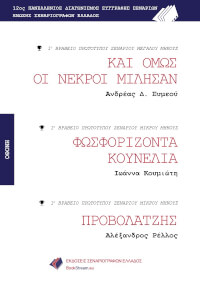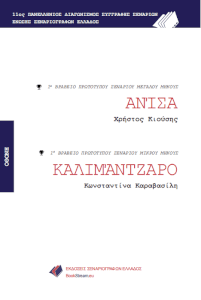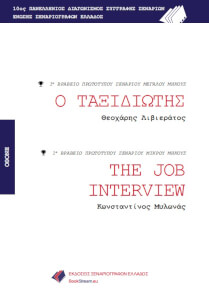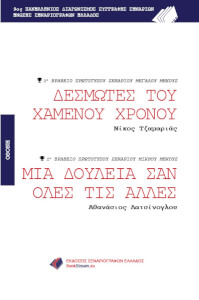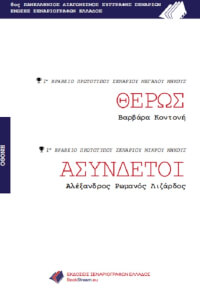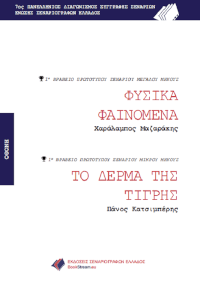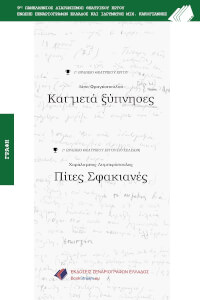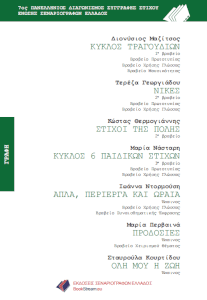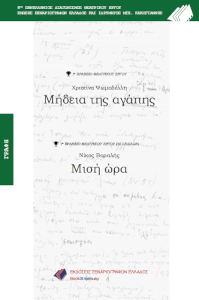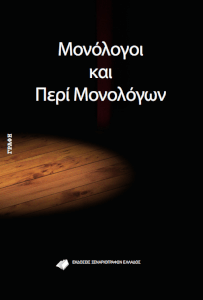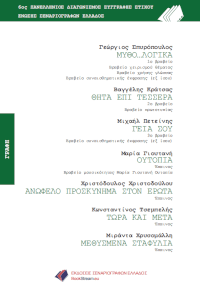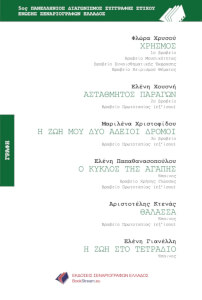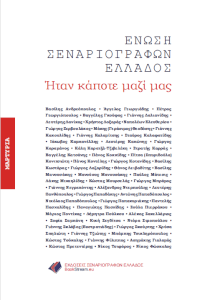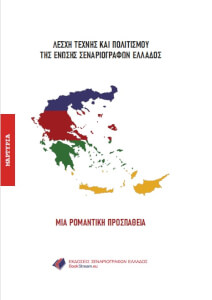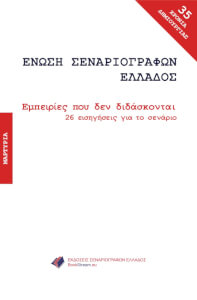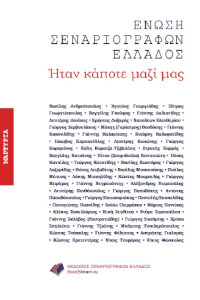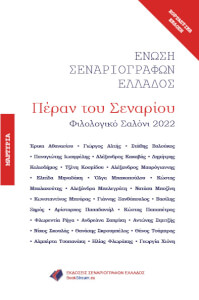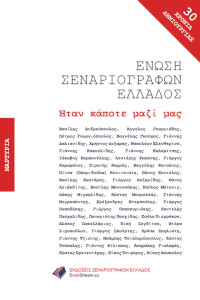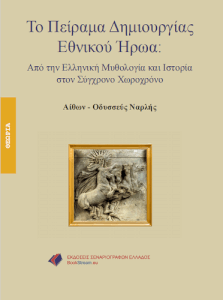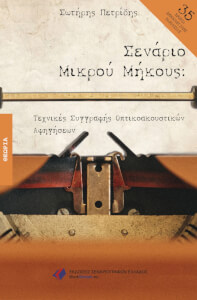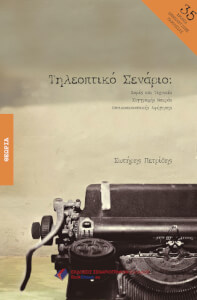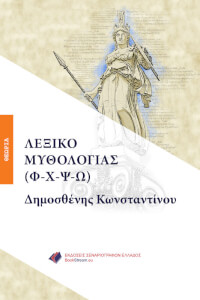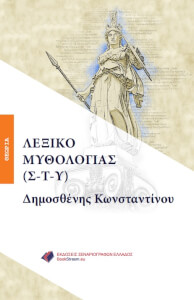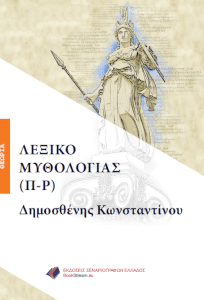Joint statement from authors’ and performers’ organisations on Artificial Intelligence and the AI Act

Artificial Intelligence is catching all attention these days. FSE initiated a discussion with several authors’ and performers’ organisations. Together they have issued a joint statement : True culture needs originals: Transparency and consent are key to the ethical use of AI
True culture needs originals: Transparency and consent are key to the ethical use of AI
As the European institutions are now addressing further the opportunities, risks and challenges raised by Artificial Intelligence (AI) through various legislative initiatives, the undersigned federations of authors’ and performers’ organisations across Europe’s cultural and creative sectors (representing hundreds of thousands authors and performers) wish to contribute to the ongoing decision-making process on AI, notably on the so-called “AI Act” and its transparency obligations for certain AI systems, as
set out in Article 52.
Authors and performers embrace the advancement of digital technologies to enrich their artistic works and tell diverse stories. However, AI technologies increasingly use authors’ and performers’ works and creations to “feed” and train their applications without their consent or knowledge, in breach of authors and performers’ rights granted under international, EU or national laws. In this era of rapidly advancing AI technologies, whose principle consists solely of copying and mixing, we must highlight the urgent need to protect the works and performances of professional authors and performers from misappropriation. Not only to preserve their livelihoods, but also to inform citizens about the use of original works by AI applications.
We support a human centric approach of AI, based on fundamental rights (including artistic freedom and the right to property), the highest level of transparency required for AI users and AI-made texts, images, audio, videos, etc., and the absolute need to get consent from authors and performers to use their work through AI technologies – or to use AI technologies in their creative process.
Article 52 of the AI Act of the European Commission proposal includes important transparency safeguards requiring “users of an AI system that generates or manipulates image, audio or video content” to disclose that the content has been artificially generated or manipulated. However, the Council’s general approach now includes an exception to this principle, “where the content is part of an evidently creative, satirical, artistic or fictional work or programme subject to appropriate safeguards for the rights and freedoms of third parties” (Article 52, paragraph 3 and corresponding recital 70).
Authors and performers strongly object to this amendment and urge all EU policy makers involved to oppose such an ambiguous and pernicious wording, which may well be used against the rights and interests of authors, performers, and citizens alike.
We oppose any necessity to exclude this content from the transparency requirements and any compelling need for secrecy regarding use of AI. On the contrary, we strongly support maximum transparency in any aspect of the development, production, and the delivery of creative works by means of AI technologies. Providing unwarranted exceptions to transparency would have harsh consequences on both our economic and moral rights (including the right to attribution) and on our ability to exercise them.
We therefore also call on a clarification of the approach contemplated by the European Parliament Legal Affairs committee in its amendments to Article 52 (3) (AM 90, 91, 92) to make sure that all “deep fakes” are encompassed and thatwhen use of AI is made to generate or manipulate content as part of an evidently creative, artistic or fictional audio-visual or videogame work, any such transformative work is based on consent of the resembled, or otherwise concerned, person.
We urge all EU policy makers to place both the notion of transparency and of consent of authors and performers to use their work at the heart of all their initiatives related to the use of AI. We look forward to working with the European institutions to achieve a result that forwards the advancement of AI technologies to serve and enhance human creativity, whilst continuing to promote original content and protecting the hundreds of thousands of authors and performers we represent whose livelihood depends on the recognition, and fair reward, of their creative work.
Signatories
ECSA (European Composer and Songwriter Alliance)
EWC (European Writers’ Council)
FERA (Federation of European Screen Directors)
FIA (International Federation of Actors)
FIM (International Federation of Musicians)
FSE (Federation of Screenwriters in Europe)
Ενημέρωση: 09-02-2023



